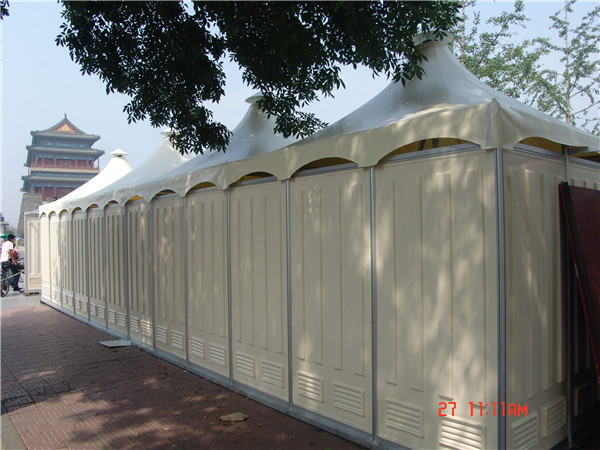ഡിസം . 03, 2024 14:53 Back to list
hdpe water pipe
The Advantages of HDPE Water Pipes A Durable Solution for Modern Infrastructure
In today's rapidly evolving world, the demand for efficient and sustainable water management systems is more critical than ever. One of the most promising materials in this arena is high-density polyethylene, commonly known as HDPE. This versatile plastic is increasingly being used for water piping systems, offering a plethora of benefits that cater to modern infrastructure needs.
What is HDPE?
HDPE is a type of thermoplastic made from petroleum. Its high molecular density makes it particularly strong and resilient, which is crucial for applications such as water pipes. With a low weight-to-strength ratio, HDPE pipes are easier to handle and install compared to traditional materials, such as PVC or steel. Additionally, HDPE is resistant to corrosion, chemicals, and impacts, making it an ideal choice for water distribution systems.
Benefits of HDPE Water Pipes
1. Corrosion Resistance One of the most significant advantages of HDPE pipes is their resistance to corrosion. Unlike metal pipes that can degrade over time due to rust and chemical reactions with water, HDPE pipes remain unaffected. This ensures that water quality is maintained, free from contaminants that may leach from corroding materials.
2. Longevity and Durability HDPE pipes have a long lifespan, often exceeding 50 years with proper installation and maintenance. This long service life reduces the frequency of repairs and replacements, resulting in lower long-term costs for municipalities and utility companies. The durability of HDPE also means that it can withstand harsh environmental conditions, such as extreme temperatures and ground movement.
3. Flexibility and Light Weight The flexibility of HDPE allows for easier installation, especially in trenchless applications like horizontal directional drilling. Being lightweight, HDPE pipes are considerably easier to transport and handle, reducing labor costs during installation.
hdpe water pipe

4. Reduced Leakage HDPE water pipes can be joined using several methods, including heat fusion, which creates a continuous, seamless pipeline. This method significantly reduces the risk of leaks compared to traditional joining methods, such as welding or mechanical fittings. Minimizing leaks not only conserves water resources but also reduces the risk of contamination from external sources infiltrating the water supply.
5. Environmental Friendliness HDPE is a recyclable material, which makes it an environmentally responsible choice. The production and installation processes of HDPE pipelines have a lower carbon footprint compared to traditional materials. Furthermore, with the correct recycling programs in place, end-of-life HDPE pipes can be diverted from landfills and reprocessed for use in new applications.
6. Cost-Effective While the initial cost of HDPE pipes may be higher than some traditional materials, the total cost of ownership is often lower due to their durability and low maintenance needs. The savings realized from reduced installation complexity, lower labor costs, and fewer repairs contribute significantly to the overall cost-effectiveness of HDPE water pipes.
Applications of HDPE Water Pipes
HDPE water pipes are versatile and can be used in various applications, ranging from municipal water supply systems and sewage disposal to agricultural irrigation. They are also widely used in industrial applications where chemicals may be present. The ability to tailor the specifications of HDPE piping to meet the needs of specific projects makes it a go-to choice for engineers and designers worldwide.
Conclusion
As the world seeks to improve its water management systems and ensure sustainable practices, HDPE water pipes emerge as a reliable and effective solution. Their myriad benefits—corrosion resistance, durability, flexibility, and cost-effectiveness—make them a superior choice for both new installations and renovations of existing systems. As technology advances and the demand for reliable infrastructure increases, HDPE piping will undoubtedly play a vital role in shaping the future of water distribution systems. By embracing innovative materials like HDPE, we can build a more sustainable and resilient infrastructure for generations to come.
-
Transparent PVC Pipe: Clear Flexible Tubing for Fluids
NewsAug.09,2025
-
Durable PP Rigid Sheet: Versatile & High-Quality Plastic Panels
NewsAug.08,2025
-
Premium Glossy PP Rigid Sheet – Durable & Versatile
NewsAug.07,2025
-
High-Quality HDPE Sheet | Durable Plastic Panels
NewsAug.06,2025
-
High-Precision PVC Rigid Sheets for Vacuum Forming | AI-Optimized
NewsAug.05,2025
-
Durable PVC-M Water Supply Pipes | 60-Year Life
NewsAug.04,2025

